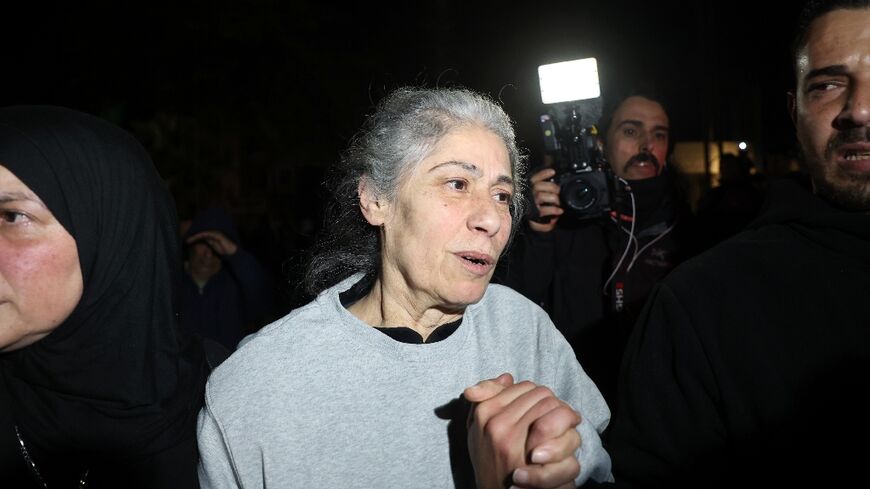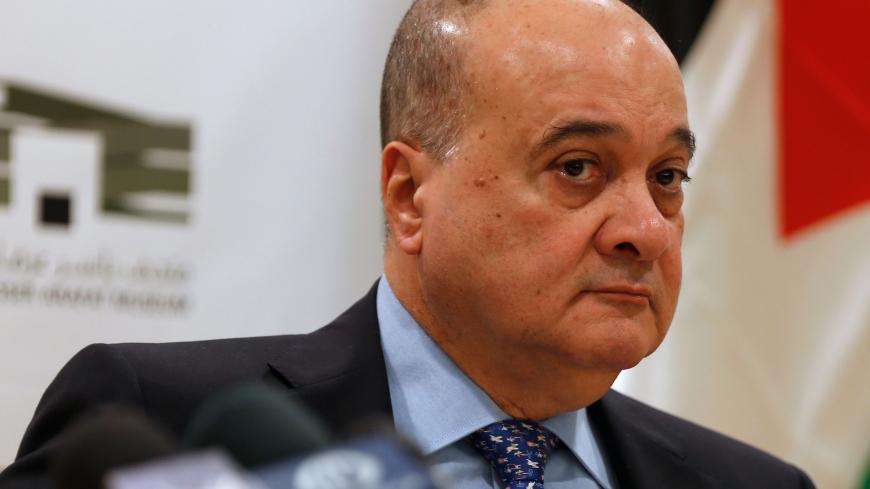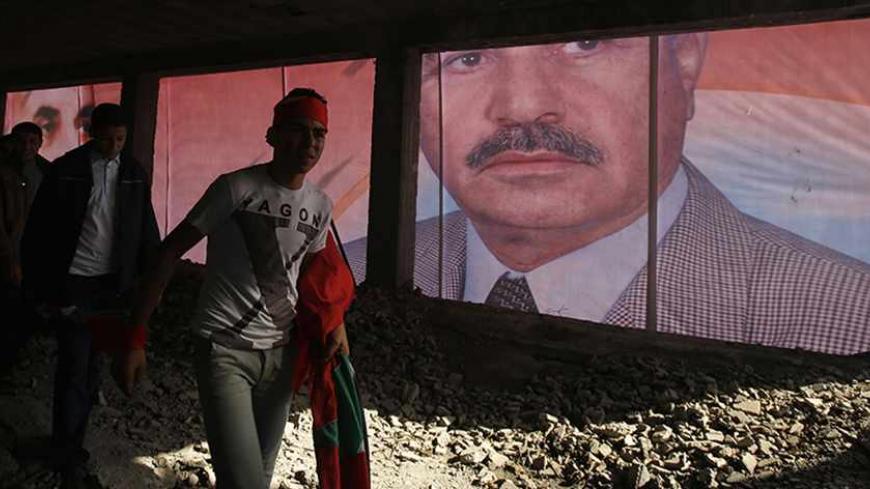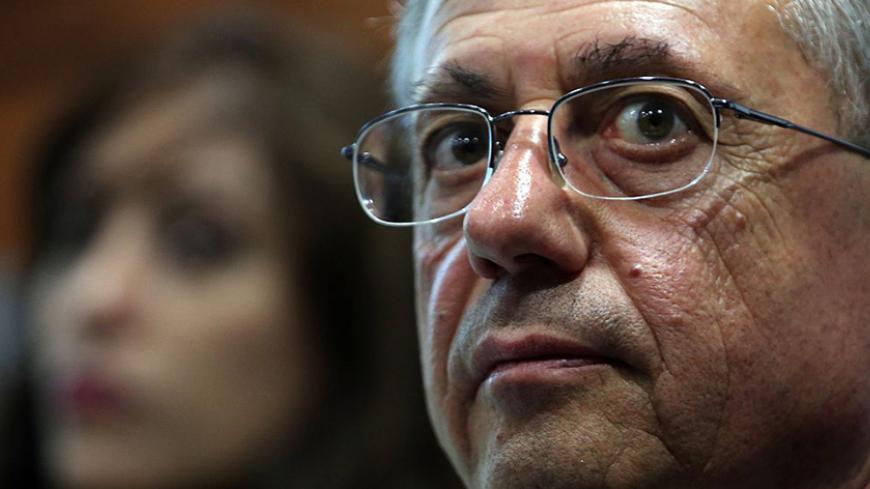Factbox-Who are the most prominent Palestinians held in Israeli jails?
JERUSALEM (Reuters) -A senior Hamas official said on Wednesday that negotiators from his Palestinian militant group and Israel had exchanged lists of prisoners and hostages who would be released should a deal be reached during the ongoing Gaza ceasefire talks in Egypt.
Israel hopes the talks will lead to the release or the recovery of the bodies of the remaining 48 hostages seized during the Hamas-led October 7, 2023 attacks, 20 of whom are believed to be alive.
Once all hostages are released, Israel will release 250 Palestinians serving life sentences, plus 1,700 Gazans who were detained since the October 7 attacks, including all women and children. For every Israeli hostage whose remains are released, Israel will release the remains of 15 deceased Gazans.
Following are some of the most prominent Palestinian prisoners held by Israel. It is not yet clear if any of them will be released:
HAMAS FIGURES:
ABDALLAH AL-BARGHOUTI Barghouti was sentenced to 67 life terms in 2004 by an Israeli military court for his involvement in a series of suicide attacks in 2001 and 2002 that killed dozens of Israelis. Barghouti prepared the explosive belts used in the attacks, including one on a Jerusalem Sbarro restaurant in which 15 people were killed, the Israeli army said. A father of three, he was born in Kuwait in 1972. In 1996, he moved with his family to live in Beit Rima village near Ramallah in the West Bank.
IBRAHIM HAMED Hamed, who was handed 54 life terms, was arrested in 2006 in Ramallah. He is accused by Israel of planning suicide attacks that killed dozens of Israelis. Hamed, who had been on Israel's wanted list for eight years before his arrest, was the top West Bank commander of the Izz el-Deen Al-Qassam Brigades, the Hamas military wing. He holds a degree in political science from Birzeit University near Ramallah. While he was a fugitive, Israel detained his wife for eight months.
HASSAN SALAMA Born in Gaza's Khan Younis refugee camp in 1971, Salama was convicted of orchestrating a wave of suicide bombings in Israel in 1996 that killed dozens of Israelis and wounded hundreds more. He was sentenced to 48 life terms in jail. Salama said the attacks were a response to the assassination of Hamas bombmaker Yahya Ayyash in 1996. Salama was arrested in Hebron in the West Bank later that year. NON-HAMAS FIGURES:
MARWAN AL-BARGHOUTI - FATAH
A leading member of the Fatah movement that controls the Palestinian Authority, Barghouti is seen as a possible successor to Palestinian President Mahmoud Abbas. He made his name as a leader and organiser in both of the Intifadas, or uprisings, waged by the Palestinians in the Israeli-occupied West Bank and Gaza Strip since 1987. He was arrested in 2002, charged with orchestrating gun ambushes and suicide bombings and sentenced to five life terms in 2004. Fatah officials have said that he set up the al-Aqsa Martyrs Brigades, the Fatah armed wing, on the orders of the first PA president, Yasser Arafat.
AHMED SAADAT - PFLP
Saadat, leader of the Popular Front for the Liberation of Palestine (PFLP), was accused by Israel of ordering the assassination of Israeli tourism minister Rehavam Zeevi in 2001. Pursued by Israel, he took shelter at the Ramallah headquarters of Arafat. Under a deal with the Palestinian Authority in 2002, Saadat stood trial in a Palestinian court and was incarcerated at a Palestinian Authority jail, where he was held under international supervision. The Israeli military seized Saadat in 2006 following the withdrawal of the foreign monitors, and put him on trial in a military court. The charges against him included involvement in a militant group, weapons dealing and deadly attacks. However, the Justice Ministry decided there was not enough evidence to charge him with Zeevi's assassination. He was sentenced to 30 years in jail in 2008.
(Editing by Tom Perry)





